Featured

Wandering in a Cosmic Wilderness Part 2: Glimmerings of God
The Reformed belief in the complementarity of the books of revelation offers a third way. It invites believers to open their hearts and search for
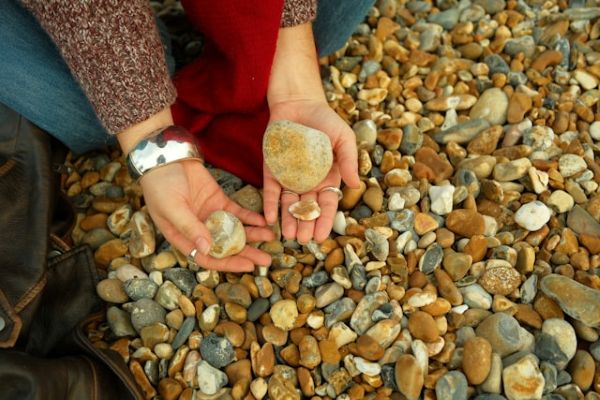
Wandering in a Cosmic Wilderness Part 1: On My Own, Slip Slidin’ Away
I look up and see heavens so vast and mysterious that I feel lost, wandering in a cosmic wilderness. The infinite immensity of space threatens

I Don’t Want to Be a Jerk
I preached on LGBTQ issues four times in forty years, once in each church I served. I tried to model how to talk about these
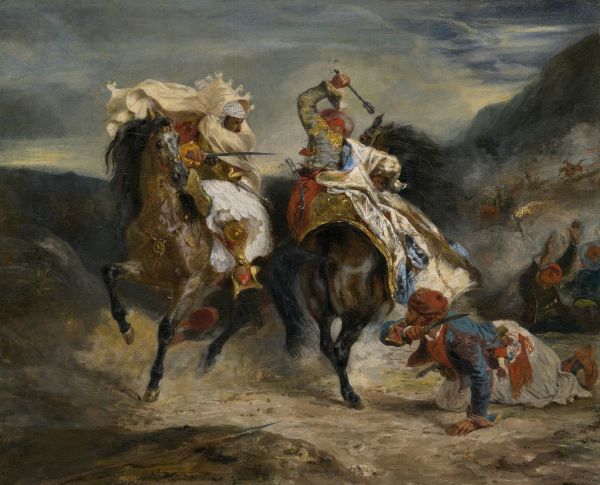
The Cost of Christian Cultural Warfare
Christian nationalist and culture-war ideologies offer what may sound like an appealing pathway forward. The call to “take back our country” and win the culture
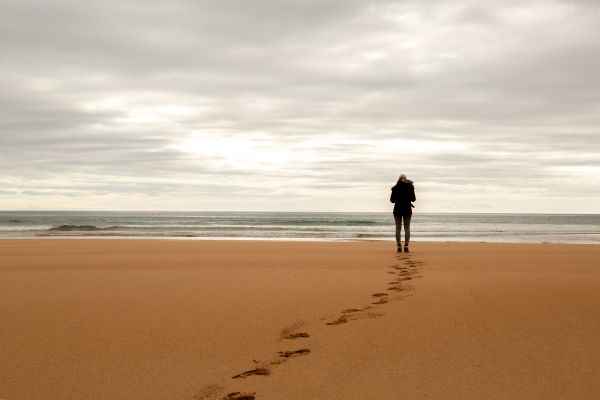
How Ignoring Our Bodies is Harming Our Souls
My body is me. Any attempt to ignore and suppress this body-soul oneness is to cause harm, for it is to live in opposition to
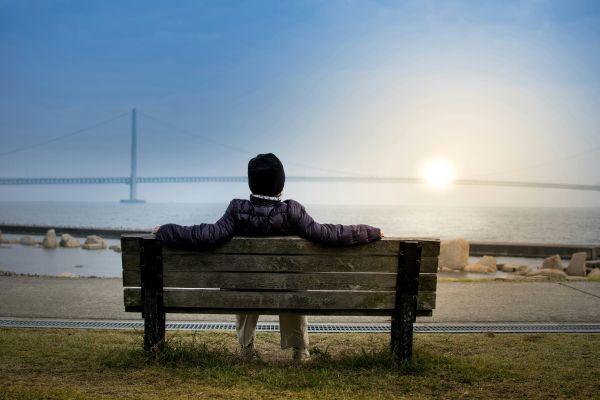
The Sabbath Way: Time is Love
The Sabbath invites us to get clear about what our values are in relation to time, so that when we feel the tug between fast

Name(s), Faith, and Prayer
One night, as my grandfather lay there, body-quaking, he suddenly felt a warm sensation throughout his body. He felt drawn to the light, the same

A Star to Guide Us
What I remember most about Emese, though, was her insistence that our book club read the “greatest book” she’d ever read, The Little Prince. After
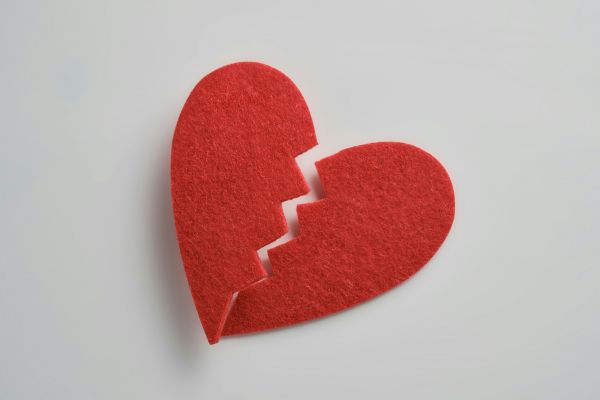
Cheating
Heartland Manor, as we like to say, is a grab bag. That’s not very elegant, but it’s what the crew who work there like to

Welcome to Green Street
This summer, the summer of 1962, was different. This was the summer of the n-word. It was spoken often, not only on Green Street, but

What Pope Francis Wanted to Change
Beneath all he modeled and accomplished, Francis was trying to change the culture of the Vatican, and of the complex structures, institutions, and patterns of

A (Truly)Confessional Church?
When the debate over human sexuality in the CRC picked up and Heidelberg Catechism Question and Answer 108 provided a mechanism to single out and
